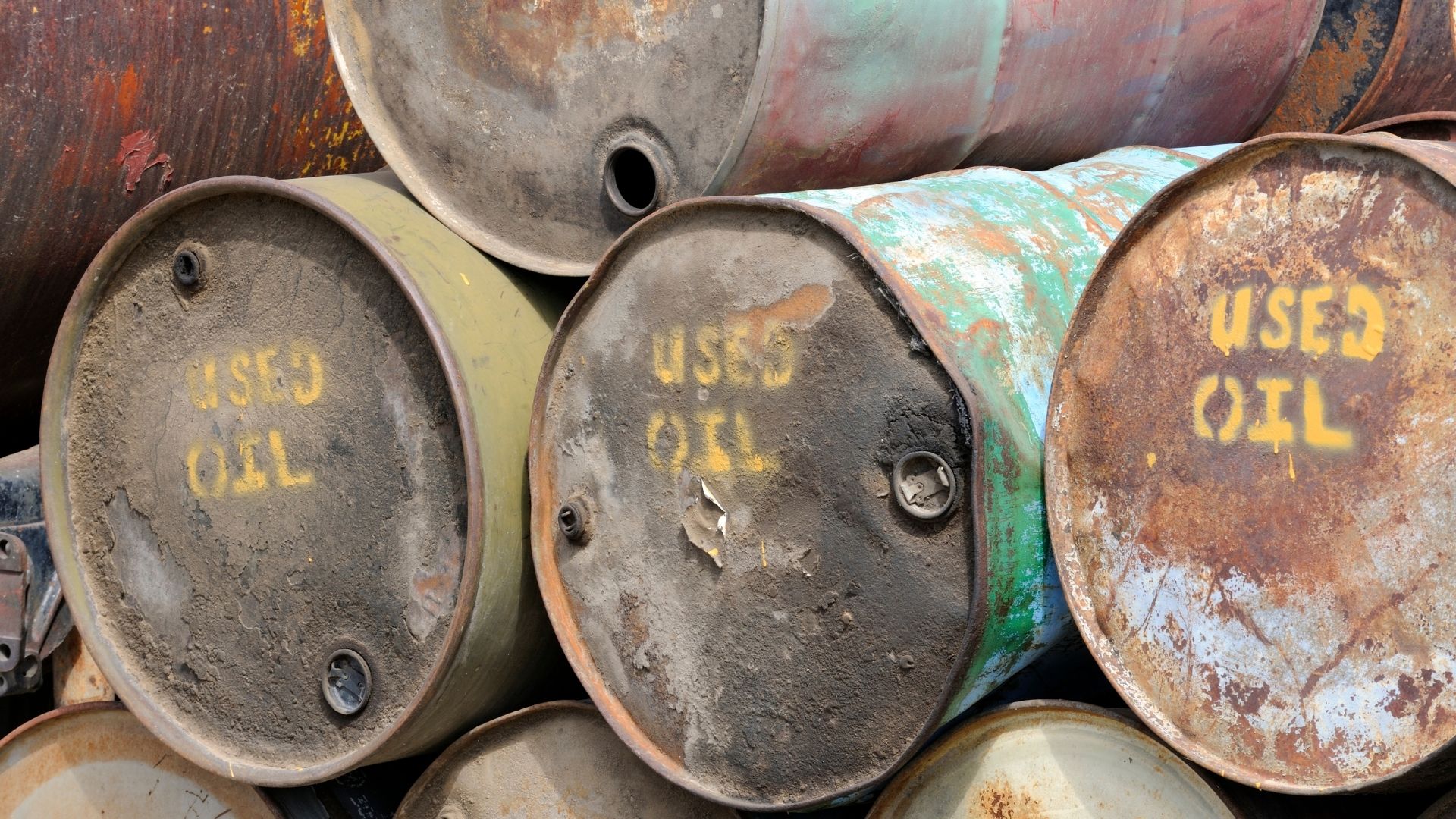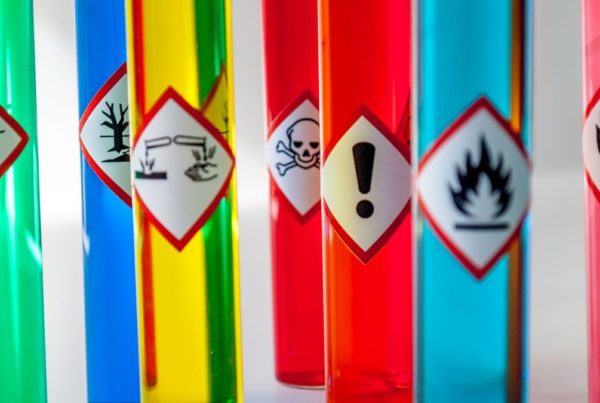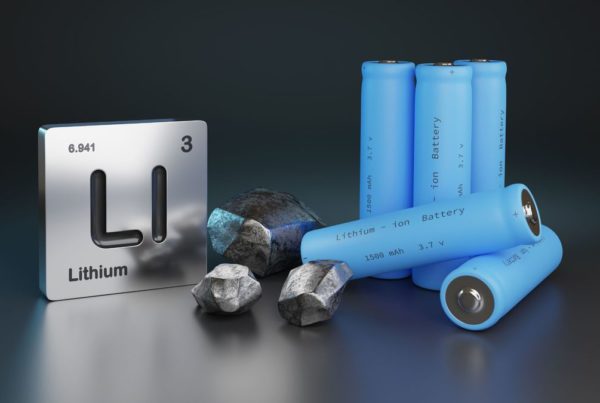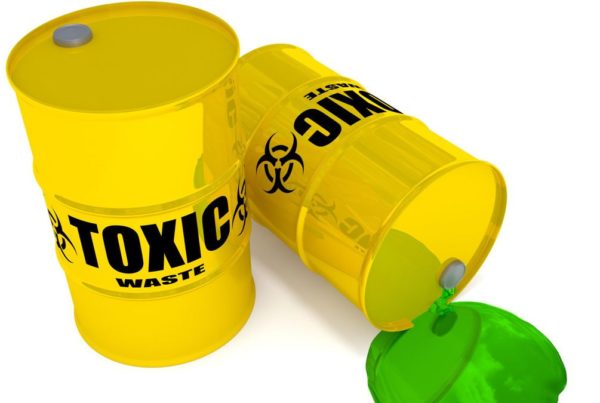Farmers, gas station owners, lubricant dealers, and homeowners who use oil in the course of their activities may wonder whether used oil is hazardous waste. Understanding the definition of “used oil” and becoming familiar with used oil regulations will help you comply with all relevant laws.
Definition of Used Oil
The Environmental Protection Agency (EPA) defines used oil as petroleum-based or synthetic oil that has been used and, as a result, has become contaminated with physical or chemical impurities. Examples of used oil include lubrication oil, hydraulic fluids, buoyant, heat transfer fluids, and oils used for similar purposes.
What Is Not Classified as Used Oil
- Oil that is not refined from crude oil or a synthetic equivalent. Used vegetable and animal-origin oils are not considered used oil, even if used for lubrication. Oils used solely for cleaning purposes or for their solvent properties are also excluded from the definition of used oil.
- Oil that has not been used. Virgin oil that has not been used is not considered used oil, even if it is contaminated. For example, the oil found at the bottom of virgin fuel storage tanks or virgin oil that was released in a spill may be contaminated but doesn’t constitute “used oil.”
- Used oil that is not contaminated. Oil that has been used eventually becomes mixed with physical contaminants like sawdust, metal shavings, and dirt as well as chemical contaminants like solvents and saltwater. If used oil is not contaminated, it should be filtered and reused until contamination renders it ineffective.
Is Used Oil Hazardous Waste?
While used oil is regulated under Title 40 of the Code of Federal Regulations (CFR) part 279, it is not a listed hazardous waste at the federal level. Some individual states—including California and Florida—classify used oil as a hazardous waste. The state of Ohio, in contrast, classifies used oil as special waste.
Used Oil Mixed with Hazardous Waste
Regardless of how your state classifies used oil, there are three situations in which used oil must always be managed according to hazardous waste regulations:
- The used oil is mixed with a listed hazardous waste.
- The used oil contains more than 1000 ppm total halogens, such as those in metalworking oils and fluids.
- The used oil is mixed with a characteristic hazardous waste and the resulting mixture exhibits hazardous waste characteristics, such as ignitability.
If you’re not sure whether your used oil is considered hazardous waste (please don’t ignite your lube to check!), it’s best to check with the local authorities or contact your local waste management service. In some cases, you might need to send a sample off for testing.
If the mixture displays a hazardous waste characteristic, you will need to follow all of the relevant hazardous waste storage and hazardous waste transportation regulations.
Used Oil Management
Whether you live in California (where used oil is considered hazardous waste) or in a state with more lenient requirements, there are several things to keep in mind when managing used oil:
Reuse Your Oil
Motor oil and similar products can be reused indefinitely as long as they don’t become contaminated. To reduce waste, continue to use and filter your oil until it is no longer effective. Then, store the used oil and send it for recycling. If you can buy new motor oil that contains refined used oil, you’ll help to complete the recycling loop and often save money, too.
Used Oil Storage
Under federal regulations, used oil generators can store used oil in aboveground tanks and containers that are in good condition and don’t leak. The containers must be labeled “Used Oil.” If used oil is stored in underground storage tanks, the fill pipes which transfer the used oil to the tanks must also be labeled or marked clearly with the words “Used Oil.”
Cleaning Up Used Oil Spills
If used oil should be released into the environment, the generator must:
- Stop the release
- Contain the used oil that was spilled
- Arrange for proper clean-up and decontamination
- Repair or replace any storage containers or tanks that were leaking before using them to store used oil again
On-Site Burning
Used oil can be burned on-site in space heaters as long as:
- The heater burns only used oil that was generated by the owner/operator or was collected by household do-it-yourselfers (DIY-ers)
- The maximum capacity of the heater is no more than 0.5 million Btu per hour
- All combustion gasses are vented into the ambient air
Transportation to Used Oil Collection Centers
Generators can transport used oil to used oil collection centers themselves without an EPA identification number in most states. Keep in mind that:
- The generator must transport the used oil in their own vehicle or the vehicle of an employee.
- The total volume of used oil transported must not exceed 55 gallons.
- The used oil collection facility must be appropriately registered, licensed, permitted, or recognized by the local government for the purpose of used oil management.
Waste Oil
Oils (refined from crude oil) that have never been used and that you want to dispose of are classified as “waste oil” and are treated differently from used oil. Waste oil is often the product of a spill or bottom clean-out waste that can’t otherwise be used.
Before disposing of the waste oil, you must find out if it is contaminated with hazardous wastes and/or displays characteristics of a hazardous waste. If so, it needs to be managed in accordance with hazardous waste regulations. If not, check with the local authorities to see whether you can treat waste oil as solid waste.
Diligence Pays Off
While used oil is not hazardous waste under federal regulations, it is still a regulated waste product and must be treated with care. Before storing, transporting, or burning your used oil, check with your local and state authorities and—if necessary—have your used oil tested for hazardous waste characteristics.
Ensuring proper industrial hygiene is not only great for the environment, but it will prevent you from receiving a fine and could even save you money if you can re-refine the oil and use it again.






